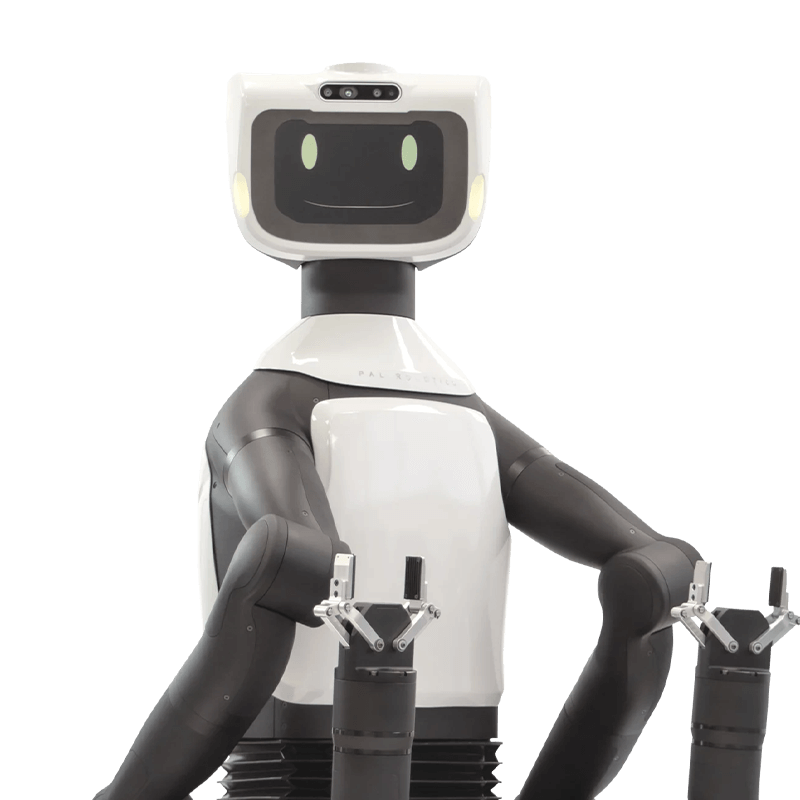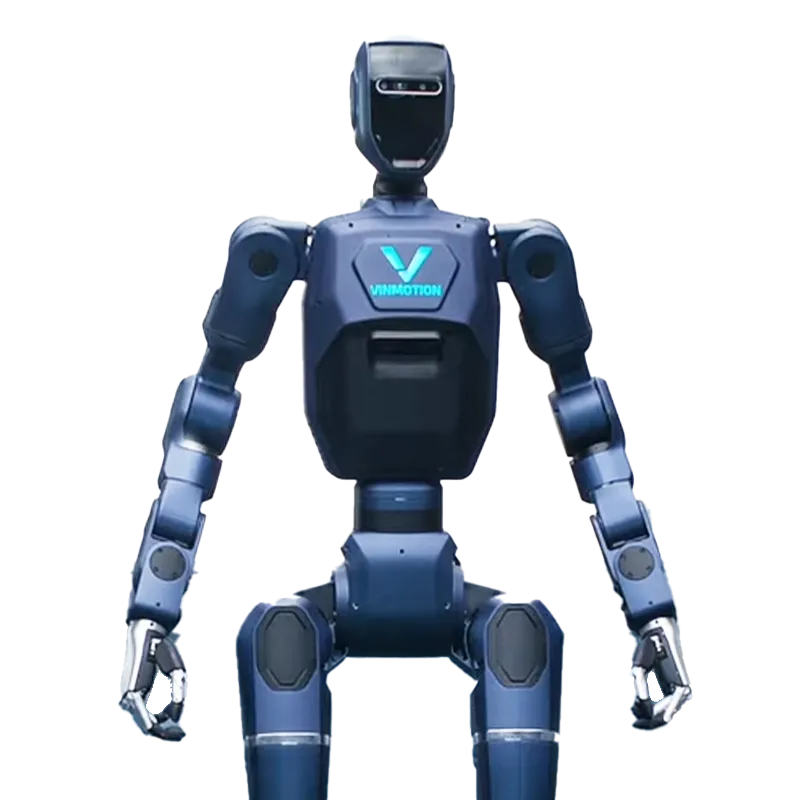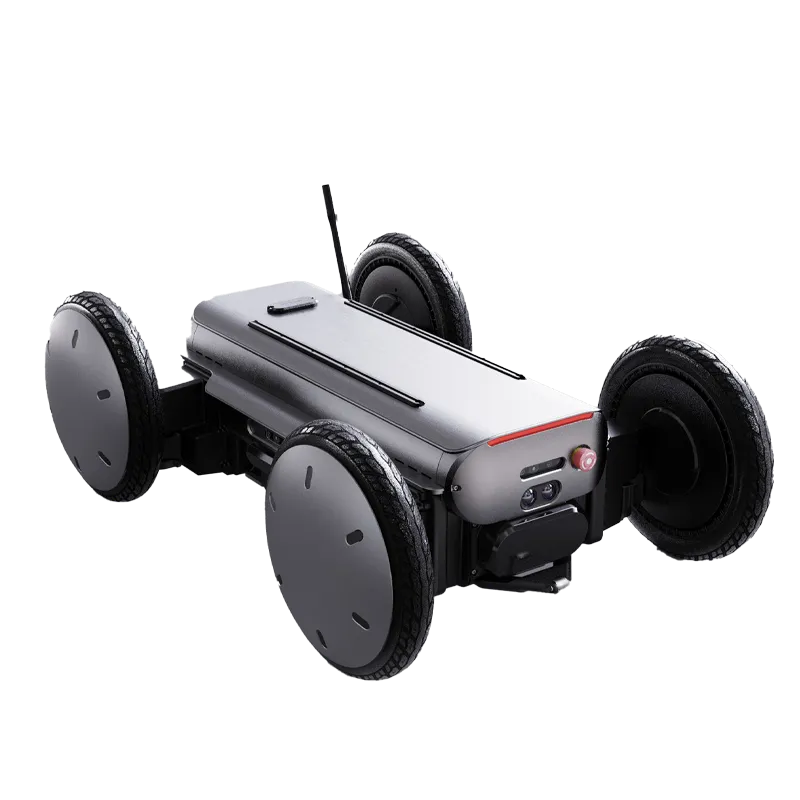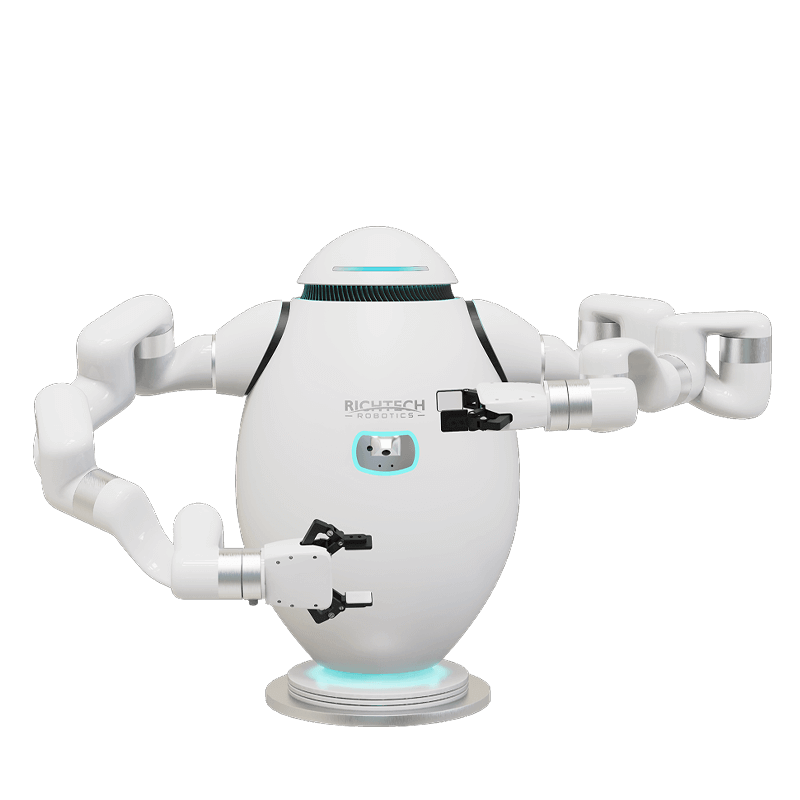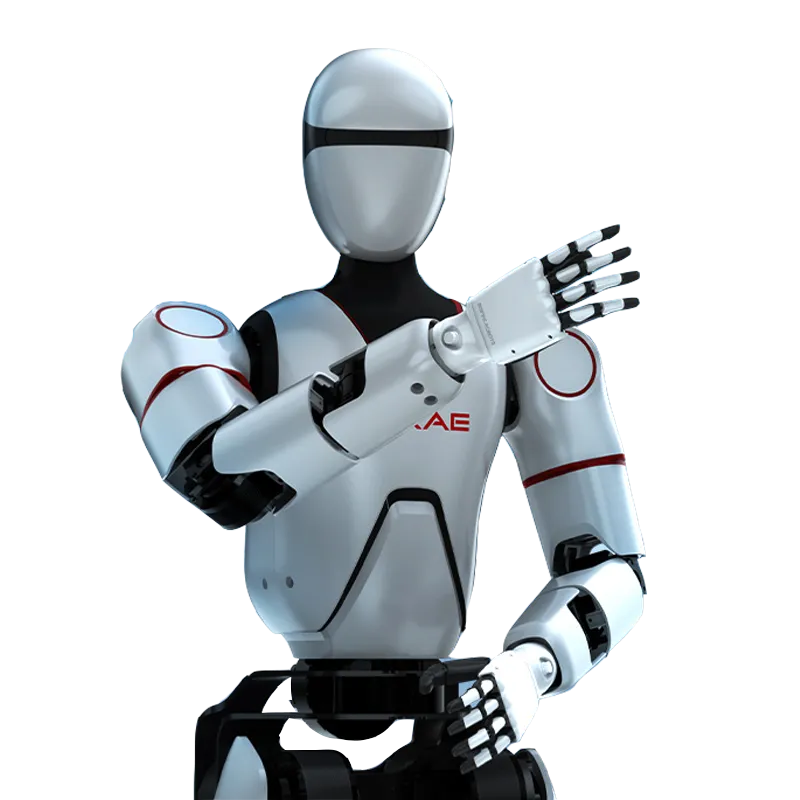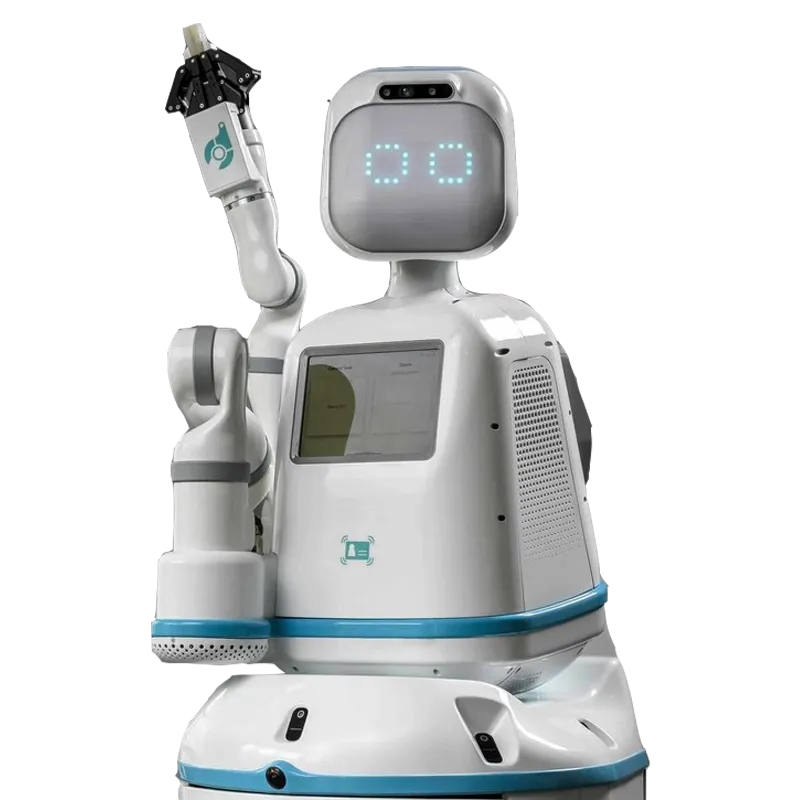Intro
Agility Robotics spun out of Oregon State University’s Dynamic Robotics Lab in 2015, founded by robotics pioneers including Jonathan Hurst. The company specializes in legged mobility robots designed to operate safely and efficiently in human environments. Their flagship robot, Digit, is a humanoid robot with arms and legs capable of performing material handling tasks in warehouses and logistics centers. Agility has established RoboFab, the world’s first humanoid robot factory in Salem, Oregon, with production capacity scaling to over 10,000 robots per year. Agility partners with major companies like Amazon and GXO Logistics, deploying Digit in real-world facilities and pioneering Robot-as-a-Service (RaaS) contracts. They plan to launch the first safety-certified humanoid robot by the end of 2025, enabling robots to work alongside humans without safety cages.
Key Achievement:
Opening RoboFab, the first factory dedicated to mass-producing humanoid robots, and securing partnerships with Amazon and GXO Logistics for large-scale deployment of Digit robots.
Robots
- Digit: A full-size humanoid robot with bipedal legs, arms, and perception systems, designed for material handling and logistics tasks. Digit can navigate human environments, pick and place bulk materials, and operate safely alongside workers.
- Cassie: An earlier bipedal robot without arms, used primarily as a research platform and set a Guinness World Record for distance traveled by a bipedal robot.
- EvoGuard (in partnership): Security-focused humanoid robot deployed in pilot programs with ADT Commercial.
Specialism
- Advanced bipedal locomotion enabling robots to walk and navigate complex human environments.
- Human-centric robot design for safe operation alongside people without cages.
- Integration of perception, manipulation, and mobility for multi-purpose utility in warehouses and distribution centers.
- Robot-as-a-Service (RaaS) business model offering cost-effective automation solutions.
- Scalable manufacturing with the RoboFab facility enabling mass production.
- Partnerships with logistics and manufacturing leaders to deploy robots in real-world settings.
Business Viability
- Total funding of approximately $293 million with a valuation around $1.8 billion (April 2025).
- Estimated annual revenue of $35.5 million, with 252 employees.
- Strategic partnerships with Amazon, GXO Logistics, and Schaeffler for deployment and pilot programs.
- RoboFab factory in Salem, Oregon, capable of producing over 10,000 robots annually, employing 500+ workers.
- Launching the first safety-certified humanoid robot by end of 2025 to unlock large-scale automation opportunities.
- Growing market demand driven by labor shortages and need for automation in logistics and manufacturing.




